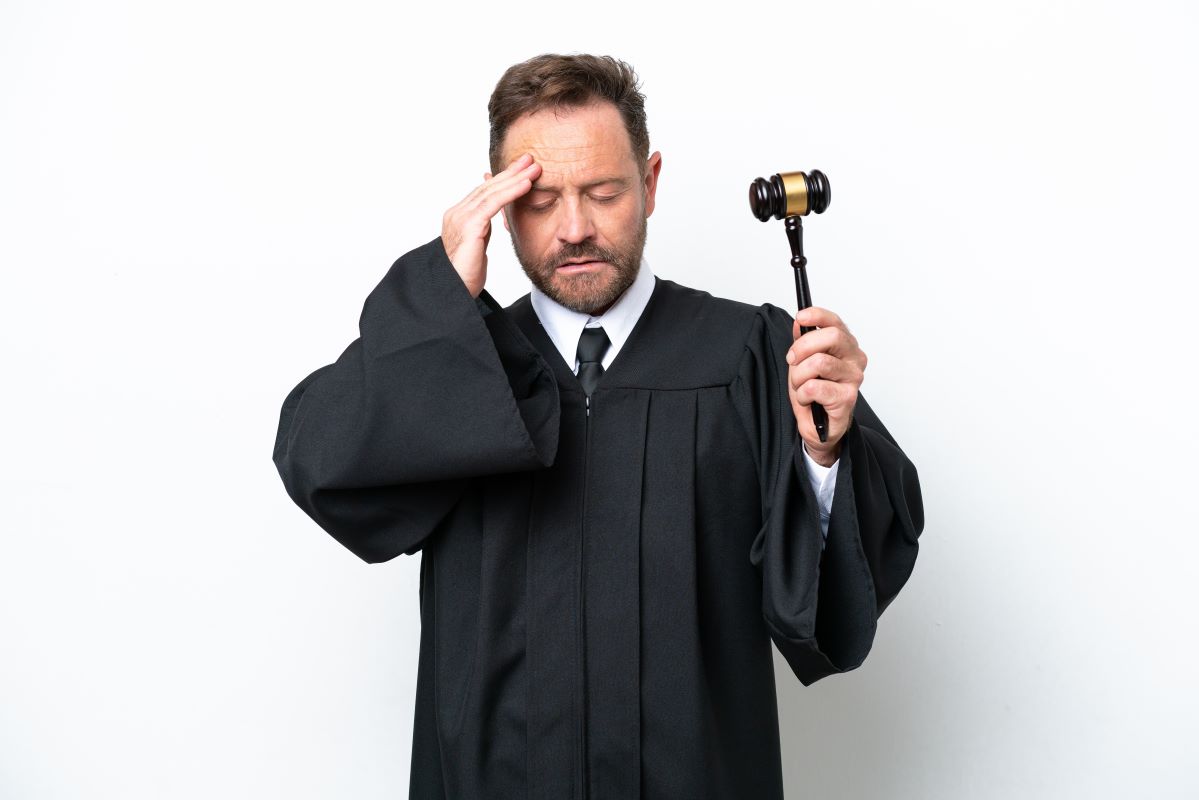Last week, in Florida District Court of Appeal Says “Gamesmanship” By Insurance Counsel Warrants a New Trial, Shaun Marker wrote about insurance counsel who found themselves in hot water after making improper legal arguments in court during a hurricane insurance claim trial. This week I continue in that vein with another recent case in which State Farm counsel faced a strong rebuke from a Louisiana federal court after making misleading legal arguments to the court in a separate hurricane insurance case.
In Kimble v. State Farm Fire and Casualty Company, No. 1:09-cv-1798, 2011 WL 1637142 (W.D. La. April 29, 2011), the insured homeowners suffered damage to their home from Hurricane Gustav in 2008. State Farm paid approximately $4,000 for the damage, but the homeowners’ contractor approximated close to $47,000 in damage. State Farm refused to pay more than the $4,000, and the insureds filed suit for statutory violations and bad faith for failing to pay the amount the insureds believed they were entitled to. State Farm moved for summary judgment on the insureds’ suit. Unfortunately, some of the arguments that State Farm’s counsel made were less than accurate about the current state of the law in Louisiana. The court had strong words for counsel:
As defense counsel is no doubt aware, parties have a duty not to misinform the Court. This duty includes the obligation to bring contrary authority to our attention where it exists. We do not know why defense counsel successfully found every case—many of them unpublished—supporting its position, but missed every case to the contrary. This fact is particularly puzzling considering that all of these cases can be found in either Westlaw or Lexis by clicking on the convenient “citing authority” buttons next to the case names, and that Defendant was party to at least one of the suits in which these contrary cases were discussed. See Holmes, v. State Farm Fire & Casualty Co., 2009 WL 413501 (E.D. La. 2009).
It is perhaps understandable, if not appropriate, if a party misses a single lower court case or presents conflicting material in a more ambiguous manner than strictly is warranted. That is not what defense counsel has done here, however. It flatly and repeatedly—in bold text—stated that “bad faith statutes do not apply to actions taken by an insurer once the litigation has commenced.” (Doc. 31, p. 5). This assertion was presented as the current state of the law, without qualification. Moreover, we note that it was made for the first time in Defendant’s reply memorandum, rather than in its original summary judgment motion, though that motion otherwise featured seven pages of detailed analysis of cases on this topic, leaving Plaintiffs with no opportunity to correct Defendant’s inaccuracies.
We consider this presentation misleading. We do not know if it was deliberate or negligent, though it is difficult for us to imagine that an experienced attorney with such an obviously capable grasp of this area of the law would not be aware of the disagreement at issue here. We are likewise unsure if this behavior is indicative of the conduct engaged in by Defendant in handling Plaintiffs’ claim. Regardless, we consider it disreputable and inappropriate, and we advise Defendant in the strongest possible terms not to continue it in the future.
The court did find that some of the arguments that State Farm’s counsel made were not misleading, but once counsel’s credibility was lost with the court on one argument, it was difficult for the court to find in State Farm’s favor on the other arguments. As I discussed in Credibility of Witnesses is Key in Determining the Amount of Loss from Hurricane Damage, credibility can often be the deciding factor in a case. Whether you are a plaintiff, defendant, attorney, public adjuster, independent adjuster, or even an insured, be sure to keep your claims handling clean, because once your credibility is lost, it is almost impossible to get it back.





